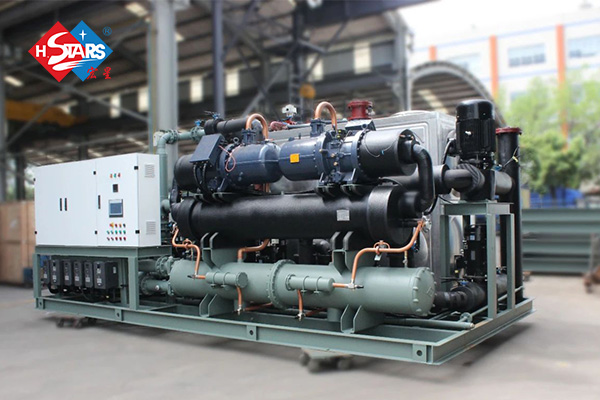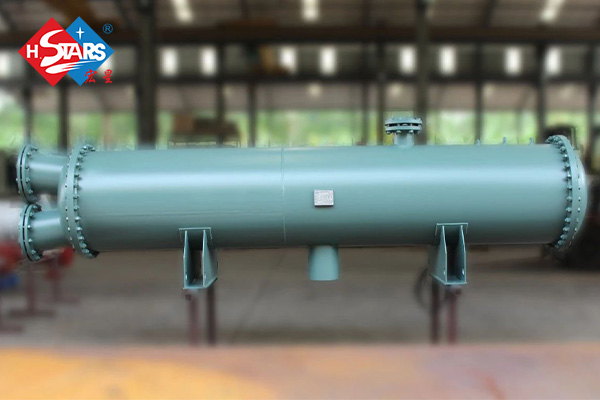Industrial chiller units play a crucial role in various industries, providing chilled water for processes such as plastics manufacturing, electronics production, and pharmaceuticals. However, like any mechanical system, chillers are prone to common problems that can affect their performance. In this blog post, we will discuss these issues and provide practical solutions to keep your industrial chiller running smoothly.

Common Problems and Solutions:
1.Insufficient Refrigerant:
One common issue with industrial chiller units is insufficient refrigerant. This can lead to decreased cooling capacity and inefficient operation. The solution is simple: supplement the chiller with an adequate amount of refrigerant and maintain the pressure during operation at around 0.5 MPa.2.High Outdoor Temperatures:
During the summer months, excessively high outdoor temperatures can put stress on the chiller's outdoor unit, leading to elevated condensing pressures and temperatures. To address this issue, it's essential to improve the working conditions of the outdoor unit or wait for the environment temperature to become suitable before restarting the chiller.
3.Accumulation of Dust on Condenser Surface:
Over time, dust can accumulate on the condenser surface, hindering heat dissipation and reducing the chiller's efficiency. Regular cleaning of the condenser surface is necessary to prevent excessive dust buildup and maintain optimal performance.4.Excessive Refrigerant Addition:
Adding too much refrigerant to the chiller can result in excessively high compressor exhaust pressures and temperatures. To remedy this, it's important to release the excess refrigerant and ensure that the pressure is maintained at around 0.5 MPa during cooling operation.5.Refrigerant Pipeline Leakage:
Leaks in the refrigerant pipeline can cause a loss of refrigerant and compromise the chiller's performance. Using a leak detector, locate the leak and repair it promptly. Afterward, replenish the refrigerant to maintain the operating pressure at around 0.5 MPa during cooling.6.Blocked Indoor Unit Air Filter:
A blocked air filter in the indoor unit can restrict airflow and reduce the chiller's efficiency. To address this issue, regularly clean the indoor unit air filter to ensure unrestricted airflow and optimal performance.
评论
发表评论